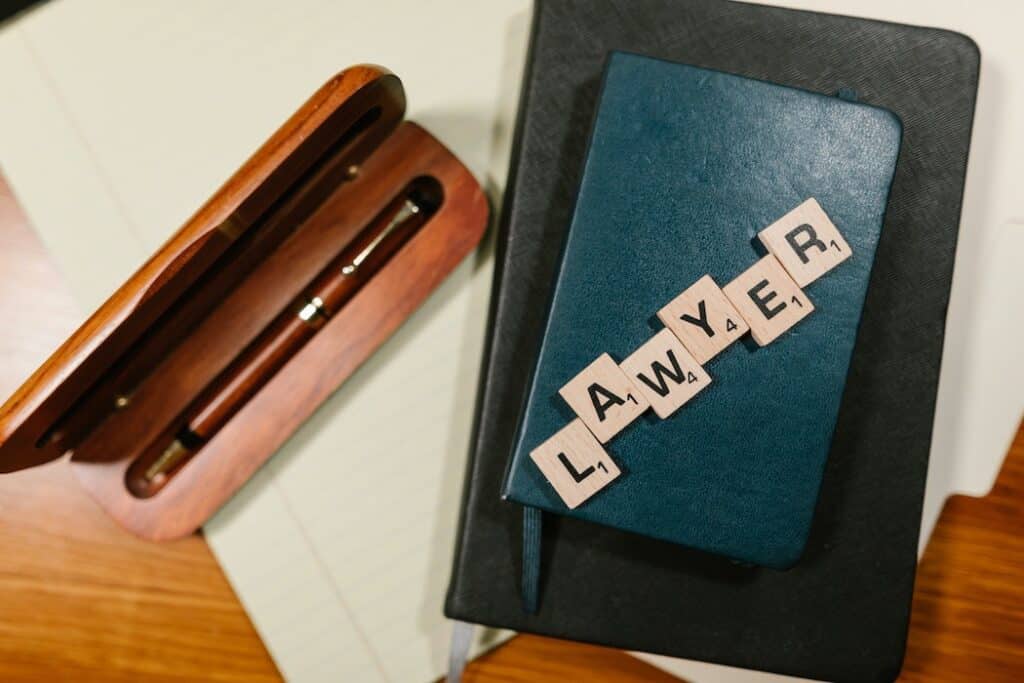Facing legal trouble? Don’t go it alone. Discover when it’s necessary to hire a Sullivan County NY criminal defense attorney and how to find the right one for your case.
Navigating the complex world of the legal system in Sullivan County, NY can be a daunting experience, especially when you’re facing criminal charges. The stakes are high, and the outcome can have a lasting impact on your life. That’s why it’s crucial to have a knowledgeable and experienced criminal defense attorney by your side. In this article, we’ll explore the signs that you may need a criminal defense attorney, the benefits of hiring one, and how to prepare for your first meeting.
Signs You May Need a Criminal Defense Attorney
There are several situations where you might need the services of a criminal defense attorney. Here are some common examples:
- You’ve been arrested or charged with a crime. If you’ve been accused of a crime, whether it’s a misdemeanor or a felony, it’s essential to have legal representation to protect your rights and build a strong defense.
- You’re under investigation. Even if you haven’t been charged yet, if you’re being investigated for a crime, you should consult with a criminal defense attorney to ensure you don’t inadvertently incriminate yourself.
- You’ve received a subpoena or summons. If you’ve been served with legal documents requiring your appearance in court, it’s a good idea to consult with an attorney to understand your rights and obligations.
When choosing a criminal defense attorney, consider their experience, reputation, and communication style. Ask for recommendations from friends, family, or professional networks, and read online reviews to find the right fit for your needs.
Benefits of Hiring a Criminal Defense Attorney
There are numerous advantages to having a skilled criminal defense attorney on your side. Here are a few examples:
- Knowledge of the legal system. Criminal defense attorneys are well-versed in the intricacies of the legal system, including the rules of evidence, procedural requirements, and sentencing guidelines.
- Strategic planning and negotiation. An experienced attorney can assess the strengths and weaknesses of your case, develop a strategic plan, and negotiate with the prosecution to potentially reduce charges or secure a favorable plea agreement.
- Protection of your rights. A criminal defense attorney will ensure that your rights are protected throughout the legal process, from the initial arrest to the final verdict.
When searching for a criminal defense attorney, look for someone with a proven track record of success in cases similar to yours, as well as a commitment to open and transparent communication.
How to Prepare for a Meeting with a Criminal Defense Attorney
Your first meeting with a criminal defense attorney is an important opportunity to discuss your case and determine if they’re the right fit for you. Here are some tips to help you prepare:
- Gather relevant documents. Bring any paperwork related to your case, such as police reports, court documents, or witness statements.
- Make a list of questions. Prepare a list of questions to ask the attorney, such as their experience with cases like yours, their strategy for your defense, and their fee structure.
- Be honest and forthcoming. Be prepared to share the details of your case honestly and completely, as this will help the attorney assess your situation and provide the best possible advice.
Frequently Asked Criminal Defense Questions
1. How much does it cost to hire a criminal defense attorney in Sullivan County, NY?
The cost of hiring a criminal defense attorney can vary depending on factors such as the complexity of the case, the attorney’s experience, and their fee structure. Some attorneys charge a flat fee, while others bill hourly or work on a contingency basis. It’s important to discuss the fee structure during your initial consultation to ensure you understand the costs involved.
2. Can a criminal defense attorney guarantee a favorable outcome for my case?
No attorney can guarantee a specific outcome for your case, as the legal process is inherently unpredictable. However, an experienced and skilled criminal defense attorney can increase your chances of a favorable outcome by developing a strong defense strategy, negotiating with the prosecution, and advocating for your rights in court.
3. What is the difference between a public defender and a private criminal defense attorney?
A public defender is a government-appointed attorney who provides legal representation to individuals who cannot afford to hire a private attorney. While public defenders are experienced and knowledgeable, they often have a heavy caseload, which can limit the time and resources they can devote to each client. A private criminal defense attorney, on the other hand, is hired directly by the client and typically has more time and resources to dedicate to each case.
4. How long does it take to resolve a criminal case in Sullivan County, NY?
The length of time it takes to resolve a criminal case can vary widely depending on factors such as the complexity of the case, the court’s schedule, and whether the case goes to trial or is resolved through a plea agreement. Some cases can be resolved in a matter of weeks, while others may take months or even years to reach a conclusion.
5. What should I do if I’m arrested or charged with a crime in Sullivan County, NY?
If you are arrested or charged with a crime, it’s important to remain calm and cooperative with law enforcement officers. Exercise your right to remain silent and avoid providing any information that could be used against you. Contact a criminal defense attorney as soon as possible to discuss your case and begin building a defense strategy.
Contact Greenwald Law Firm Today
In conclusion, hiring a Sullivan County NY criminal defense attorney is a crucial step when you’re facing criminal charges or legal trouble. With their expertise, strategic planning, and commitment to protecting your rights, a skilled attorney can make all the difference in the outcome of your case. If you need assistance, don’t hesitate to reach out to a reputable criminal defense attorney in Sullivan County, NY today.
from Greenwald Law Firm https://www.greenwaldfirm.com/criminal-defense/when-to-hire-a-sullivan-county-ny-criminal-defense-attorney/
via Benjamin Greenwald





